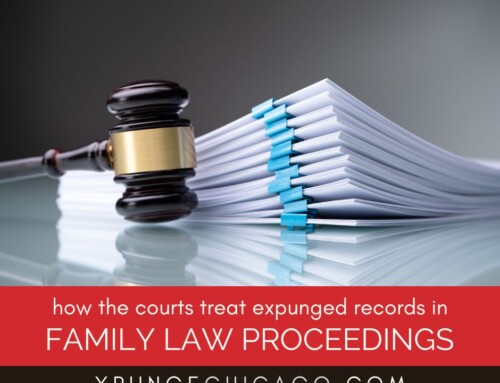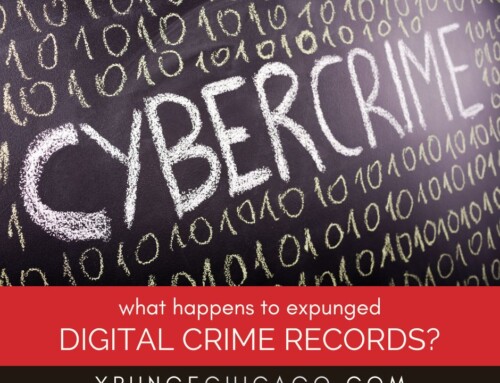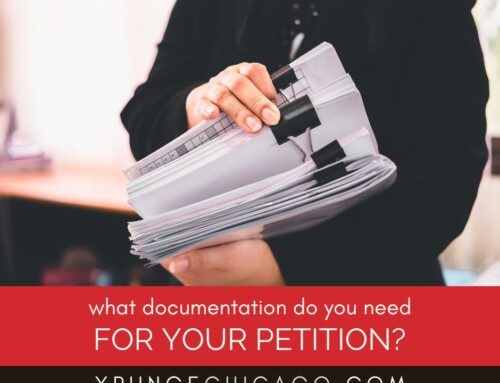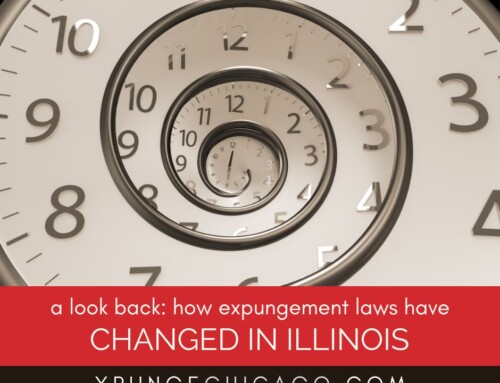
Navigating the aftermath of a criminal record can be challenging, especially when seeking employment. Understanding the impact of expungement on your records and the steps needed to clear them completely, including your FBI record, is essential.
Will Prospective Employers Find Your Expunged Records?
The short answer is no, but there’s more to consider, especially regarding your FBI record. This guide will cover:
- The effect of expungement on employment background checks
- The process of expunging records in Illinois
- Clearing your FBI record
- The role of a lawyer in the expungement process
- Steps to ensure your expunged record is completely cleared
Let’s dive into each of these areas.
The Effect of Expungement on Employment Background Checks
When a record is expunged in Illinois, it’s like it never existed. This means that expunged records should not show up on background checks conducted by prospective employers. Expungement is a legal process that erases your criminal record, providing a clean slate in the eyes of the law.
Related: All about expungement and sealing
The Process of Expunging Records in Illinois
Expunging records in Illinois involves a legal process where you petition the court to erase your criminal record. This process can vary in length and complexity, depending on the specifics of your case. Once a record is expunged, it’s removed from public databases and should not be accessible to employers.
Related: Can you get a FOID card if you have an expunged record?
Clearing Your FBI Record
While expungement clears your record at the state level, it’s important to take steps to clear your FBI record as well. The FBI maintains a separate criminal history database, which might still contain your records even after expungement. Clearing your FBI record requires additional steps, which you can learn about in detail here.
The Role of a Lawyer in the Expungement Process
A lawyer can be invaluable in navigating the expungement process. They can help determine your eligibility, handle the necessary paperwork, and represent you in court. Additionally, they can guide you through the process of clearing your FBI record, ensuring that your expungement is comprehensive.
Related: Can USCIS see sealed criminal records?
Steps to Ensure Your Expunged Record Is Completely Cleared
To ensure your record is completely cleared, follow these steps:
- Work with a lawyer to expunge your state record.
- Take action to clear your FBI record, as this is a separate process.
- Verify that your record has been cleared by conducting a background check on yourself after the expungement process is complete.
FAQ About Expunged Records and Employment
Here are some common questions about expunged records and employment:
Will My Expunged Record Show Up on a Background Check?
No, an expunged record should not show up on most background checks conducted by employers.
How Do I Clear My FBI Record After Expungement?
Clearing your FBI record involves a separate process, which includes submitting a request to the FBI. More detailed steps can be found here.
How Long Does It Take to Expunge a Record in Illinois?
The time it takes to expunge a record can vary. A lawyer can provide a more specific timeline based on your case.
Related: Can you expunge a violation of an order of protection in Illinois?
Do I Need a Lawyer to Expunge My Record?
While not required, having a lawyer can simplify the process and ensure that all legal steps are correctly followed.
What Should I Do if an Employer Asks About My Expunged Record?
If an employer asks about a record that has been expunged, you have the legal right to say that you do not have a criminal record.
Understanding the impact of expungement on your records is crucial, especially when it comes to employment. With the right steps, including clearing your FBI record, you can ensure that your past does not affect your future job prospects. A lawyer’s guidance can be instrumental in navigating this process successfully.
Do You Need to Talk to an Attorney About Expungement or Sealing?
If you’re tired of your criminal past coming back to bite you, we may be able to help. Call us right now at 847-920-4540 or fill out the form below so we can talk about your case.
Oops! We could not locate your form.















